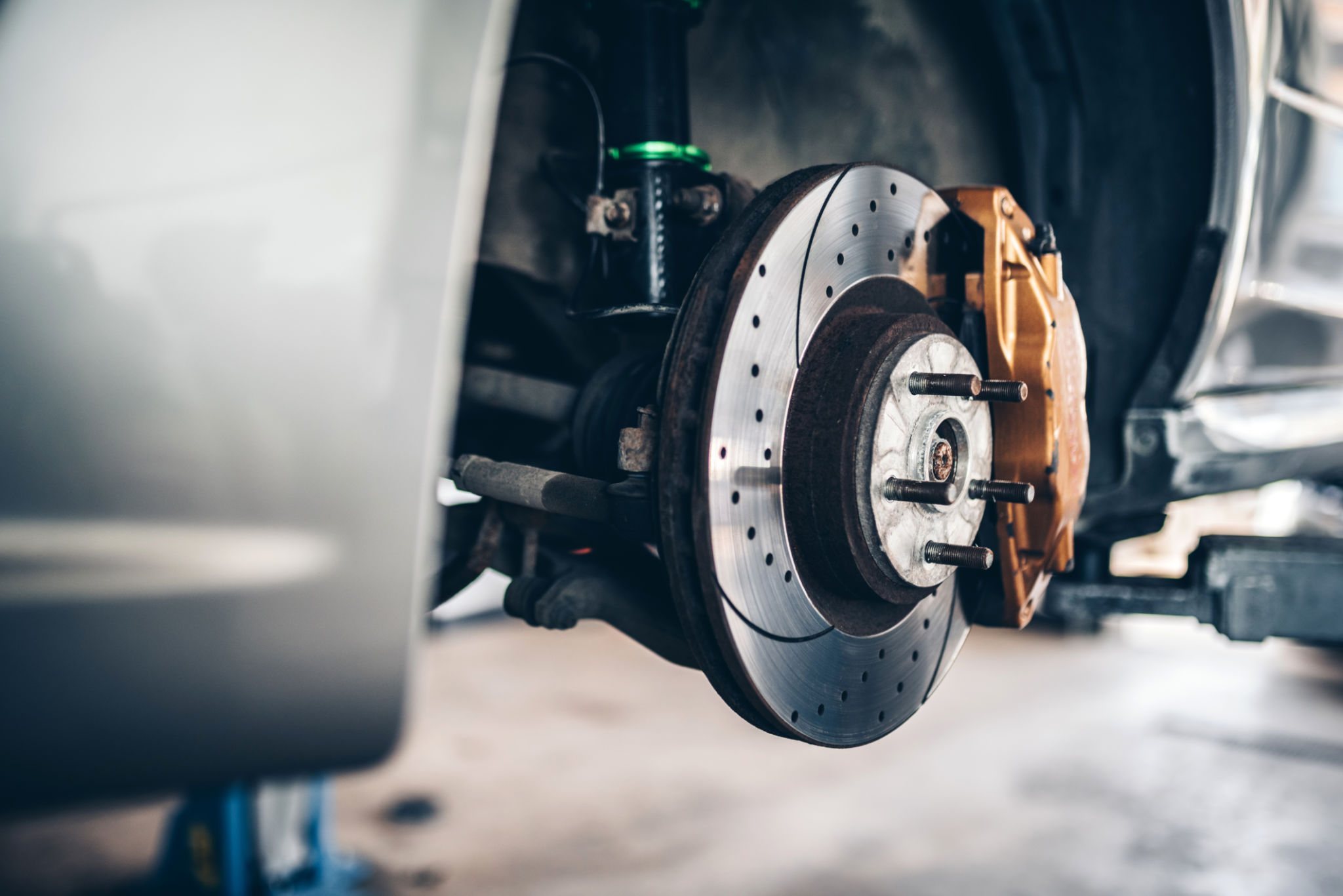Debunking Common Car Repair Myths
Understanding the Realities of Car Repair
Car repair is a topic that often comes with a lot of misconceptions. It's easy to fall prey to these myths, especially when trying to save money or time. However, understanding the truth behind common car repair myths can help you make informed decisions and keep your vehicle in top condition.

Myth 1: Premium Fuel Increases Performance
One widespread myth is that using premium fuel will enhance your car's performance. While it might seem logical that a higher-octane fuel would be better, this isn't always the case. Most vehicles are designed to run efficiently on regular gasoline. Unless your car specifically requires premium fuel, using it won't yield any significant performance benefits and can be a waste of money.
Myth 2: Oil Changes Every 3,000 Miles
The idea that you need to change your oil every 3,000 miles is outdated. Modern engines and oils have advanced significantly, allowing for longer intervals between oil changes. Many manufacturers now recommend oil change intervals between 5,000 to 7,500 miles. Always refer to your vehicle's owner manual for the recommended schedule.

Myth 3: You Must Go to the Dealership for Service
A common misconception is that you must return to the dealership for all maintenance and repairs to keep your warranty valid. In reality, as long as you follow the recommended service schedule and use OEM parts, you can have your vehicle serviced at any reputable garage. This flexibility allows you to shop around for the best service and pricing.
Myth 4: A Noisy Brake Always Needs Replacement
While it's true that noisy brakes can indicate a problem, it doesn't always mean they need replacement. Sometimes, the noise can be due to moisture on the rotors or dust accumulation. If your brakes are noisy, it's best to have them inspected by a professional who can determine if they need replacing or just a simple cleaning.

Myth 5: A Check Engine Light Means Big Trouble
Seeing the check engine light illuminate can be alarming, but it doesn't always signify a severe issue. Often, it could be something minor like a loose gas cap or a faulty oxygen sensor. However, it's crucial not to ignore it; have a professional diagnose the problem to prevent potential damage.
Conclusion: Stay Informed and Proactive
Car repair myths can lead to unnecessary expenses and stress. By debunking these common misconceptions, you can approach car maintenance with confidence. Always consult your vehicle's manual and seek advice from trusted mechanics to ensure you're taking the best care of your car.
Remember, knowledge is power when it comes to maintaining the longevity and performance of your vehicle. Stay informed, stay proactive, and your car will thank you.